How to Feed Corals in a Saltwater Aquarium
Updated on 04/26/24
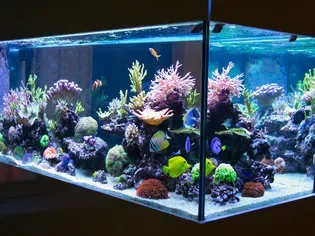
Unlocking the Secrets of Coral Nutrition: A Comprehensive Guide to Feeding Corals in Saltwater Aquariums
Introduction
The captivating allure of saltwater aquariums lies not only in their mesmerizing inhabitants but also in the delicate balance of their ecosystems. Among these aquatic wonders, corals stand out as vibrant and enigmatic creatures that require specialized care to thrive in captivity. One of the most crucial aspects of coral husbandry is ensuring their proper nutrition.
This comprehensive guide will delve into the complexities of coral feeding, providing hobbyists with the knowledge and techniques to establish a flourishing underwater paradise. From understanding coral physiology to implementing targeted feeding strategies, we will cover every aspect of providing your corals with the nourishment they need to thrive.
Coral Physiology and Nutritional Requirements
To effectively feed corals, it is essential to understand the unique characteristics of their digestive system. Unlike fish that possess a well-defined digestive tract, corals utilize specialized cells called gastrodermis to capture and absorb nutrients. These cells are located within the coral's tissue and are responsible for extracting energy from food particles.
Each coral species has specific nutritional requirements, reflecting their symbiotic relationship with zooxanthellae, microscopic algae that reside within their tissues. Zooxanthellae provide corals with essential nutrients through photosynthesis, while corals offer protection and access to carbon dioxide.
Types of Coral Foods
The diversity of coral species translates into a wide range of food preferences. Hobbyists can choose from a variety of options to cater to their corals' specific needs:
* Live Foods: Live feed, such as brine shrimp, copepods, and mysis shrimp, mimics the natural diet of many corals. It provides a rich source of protein, lipids, and vitamins.
* Frozen Foods: Frozen food, including krill, squid, and fish, offers a convenient and cost-effective alternative to live feed. It retains much of the nutritional value of live food and is readily accepted by many corals.
* Dry Foods: Dry food, such as commercially prepared flakes or pellets, provides a balanced diet for corals. It is a convenient option for hobbyists with limited time or resources.
* DIY Coral Food: Hobbyists can also prepare their own coral food using a combination of ingredients such as spirulina, yeast, and meat. This approach allows for customization to suit the specific needs of your corals.
Targeted Feeding Strategies
Effective coral feeding involves understanding the different feeding mechanisms employed by various coral species:
* Filter Feeding: Many corals rely on filter feeding, capturing food particles suspended in the water column. They extend their tentacles to trap food particles, which are then transferred to the gastrodermis.
* Passive Feeding: Some corals engage in passive feeding, absorbing dissolved nutrients directly from the water. They typically have a large surface area to maximize nutrient uptake.
* Predatory Feeding: A few coral species, such as Euphyllia and Plerogyra, are predatory and actively capture prey using specialized stinging cells. They feed on small fish, zooplankton, and other invertebrates.
Feeding Frequency and Protocols
The frequency and protocol of coral feeding depend on the species in question:
* Daily Feeding: Fast-growing corals, such as Acropora and Montipora, often necessitate daily feedings.
* Weekly Feeding: Many corals, including Favites and Goniastrea, do well with weekly feedings.
* Monthly Feeding: Certain low-energy corals, such as Fungia and Palythoa, may only require monthly feedings.
Best Practices for Coral Feeding
To ensure optimal coral nutrition, follow these best practices:
* Variety is Key: Offer a diverse range of food sources to cater to the nutritional needs of each coral species.
* Monitor Water Quality: Maintain pristine water quality by regularly monitoring pH, alkalinity, calcium, and magnesium levels.
* Avoid Overfeeding: Overfeeding can lead to excessive nutrient accumulation, contributing to algae growth and coral health issues.
* Syringe Feeding: For corals that do not actively filter feed, target feeding using a syringe can ensure they receive adequate nourishment.
* Observe Coral Response: Pay attention to the feeding behavior of your corals. Adjust feeding frequency and methods as needed to optimize their nutritional intake.
Conclusion
Feeding corals is a crucial aspect of saltwater aquarium care. By understanding their nutritional requirements, utilizing appropriate food sources, and implementing targeted feeding strategies, you can provide your corals with the sustenance they need to thrive. Remember, maintaining a healthy coral reef requires consistent attention to detail and a deep understanding of the unique needs of these captivating marine organisms. With proper care and dedication, you can create a flourishing underwater ecosystem where corals thrive and showcase their vibrant beauty.
Explore More Pets
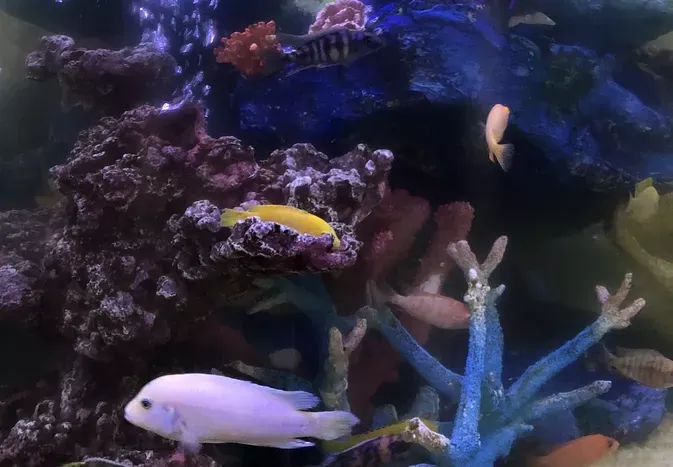
Freshwater Aquarium Filters
How to Deal With Cloudy Aquarium Water

Saltwater Aquarium Filters
How Do You Remove Chloramines From Tap Water?
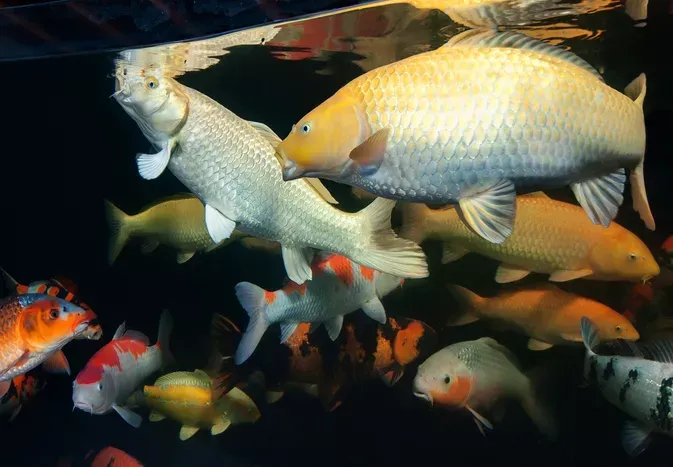
Freshwater Aquariums & Habitat
Can I Keep My Koi Fish Inside?
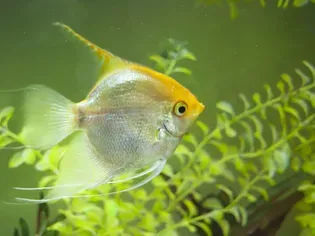
Saltwater Aquariums & Habitat
14 Best Floating Plants for Your Aquarium
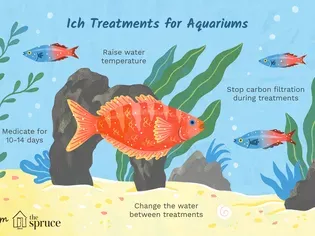
Freshwater Fish Health
How to Treat Ich on Freshwater Fish
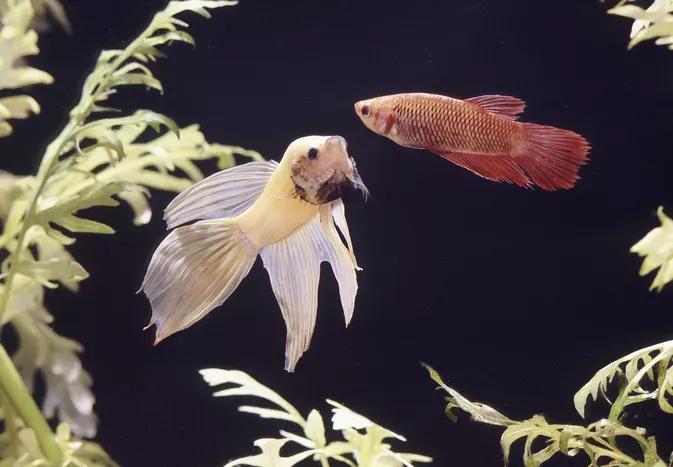
Saltwater Fish Health
Fin Rot in Aquarium Fish
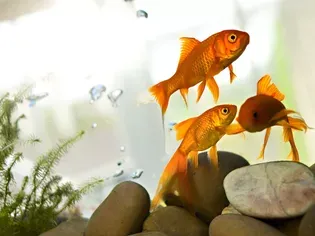
Freshwater Aquarium Filters
How to Do Aquarium Water Changes
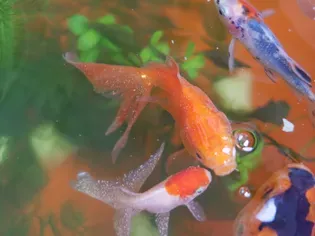
Saltwater Fish Health
How Do Fish Get Parasites?